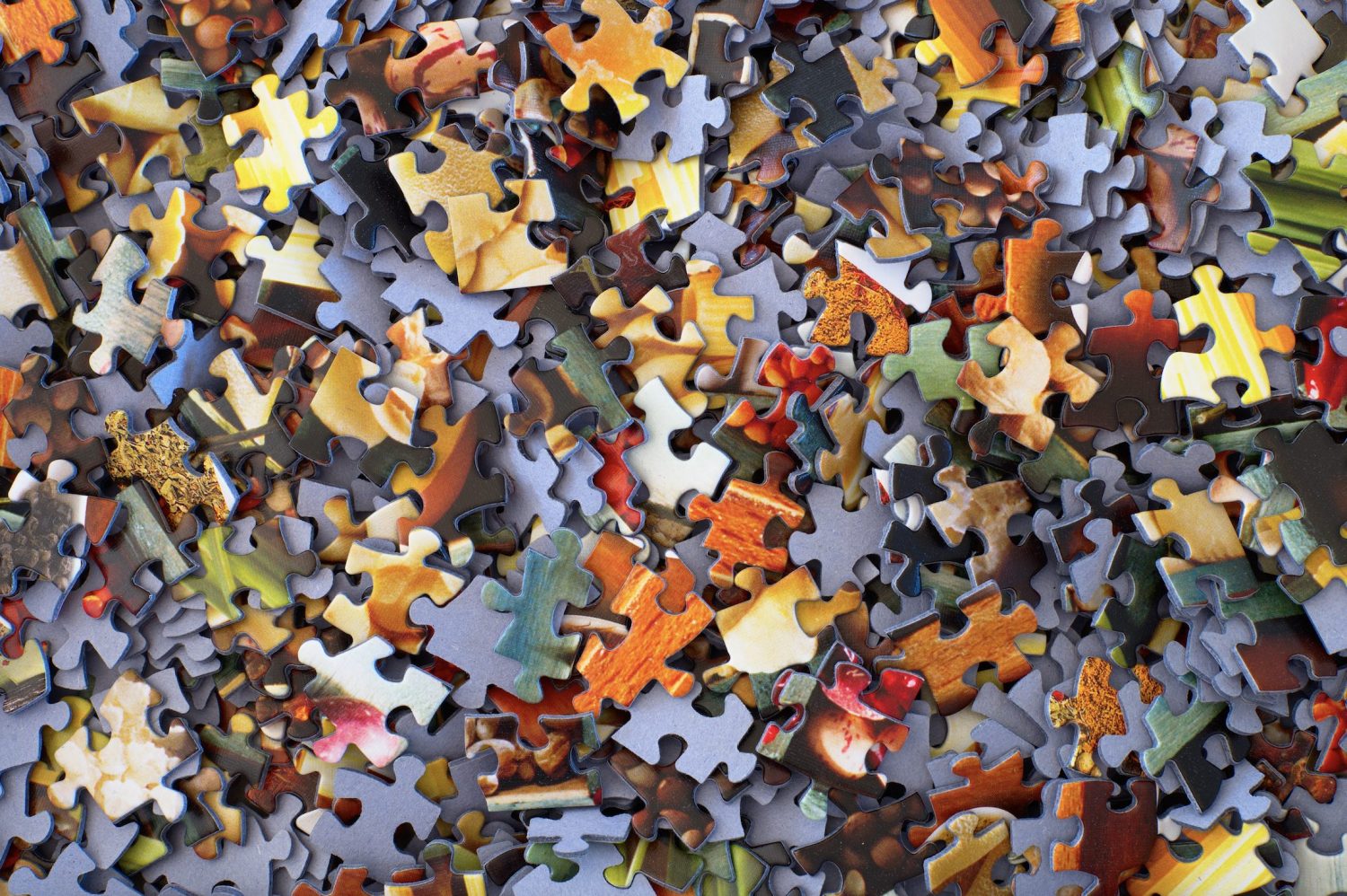This year’s Fifa World Cup wasn’t just an opportunity to watch brilliant football, but also a chance to discuss just how confusing and messy ‘national identity’ can be. In the run-up to the tournament, Romelu Lukaku wrote a passionate essay about being Belgian, and around the same time, German player Mesut Özil stirred controversy by posing for a photo with Turkish President Recep Erdoğan. After the tournament, pieces celebrating France’s win had to share space with articles on the ‘African-ness’ of the French team. Trevor Noah’s off-hand comment about France’s win being an African victory drew an arch response from French diplomat Gerard Araud, who claimed that France did not reside in the hyphen; the victory was by French players for France.
These questions of who belongs where are familiar to any Indian who has ever left their hometown. It’s a personal conundrum that we continuously experience as we move abroad, return home; as we travel. We carry this question as we move from state to state, from city to city, from district to district. It’s a question that we’re forced to answer not only to ourselves but to the outside world as well. We find ourselves subjected to a constant process of internal and external inspection to determine if we can consider ourselves truly Bangalorean, truly Maharashtrian, truly Indian.
These are questions that get asked every time we own and disown the successes and failures of our public figures, regardless of where their own sense of identity lies. As a Tamilian, I see think of Rajnikanth’s actions in a way that connects them to my own identity, despite knowing that he is rooted in Maharashtra and Karnataka.
The same holds true for someone like Mindy Kaling or Aziz Ansari, both Indian-American actors with Tamil heritages but so far away from me and my life; yet I still feel a sense of kinship with their successes and failures. I feel these things even for someone like Hamza Choudhury, the young Leicester City midfielder whose connections to India are tenuous at best, but still strong enough for me to feel an extra bit of joy when he’s on the field.
These questions of belonging and kinship flare up every time inter-state tensions crop up. Kaveri protests are an almost annual affair at this point, and every time someone issues a call to arms on WhatsApp, my friends and family rush to check up on each other. These are people who have lived in Bengaluru for decades, knowing no other identity than ‘Bangalorean’, but they still sense their otherness in times of crisis.
I’ve dealt with such questions for as long as I can remember. I’m a Tamilian, living in Delhi, and before this, I spent the majority of my childhood hopping from country to country. These three things mean that I’ve had the almost unique pleasure of defending my identity on all three fronts; that yes, while I do have a strong accent, I still ‘bled blue’ when India won the cricket world cup in 2011. That yes, while my name is decidedly South Indian, I still take immense pride in my encyclopaedic knowledge of the intricate architecture of Jahanpanah. That yes, while I struggle at times with the language, I will still fight anyone who says that the best halwa in India is found anywhere outside Tirunelveli.
To be human is to be many things and many people at once, and everyone has to find their own way to balance these different, often disparate, identities. Asking questions about identity isn’t really the problem here. The problem kicks in when we don’t accept someone’s answers to these questions. For example, when someone asks ‘who are you?’ or ‘where are you from?’ but then dismisses your answer because it doesn’t line up with their expectations. Having your identity rejected is painful and dehumanising, but a universal experience at the same time. We all think of ourselves a certain way and then feel unbalanced when the world tells us we’re wrong about ourselves.
What does it mean to be a citizen? To have a nationality? And what happens when your answers to these questions are rejected by the very people you consider your own? These are the questions that Mesut Özil, despite his stellar performance for Germany in 2014, is currently getting answers to. These are questions that Sania Mirza, despite all she’s done for Indian women’s tennis, has to deal with pretty much every day because she married a Pakistani cricketer.
These are questions that can lead to personal healing or pitchforks and torches, depending on who’s doing the asking and who’s doing the answering.
These public discussions on identity just highlight the simple fact that there is a wide space in which to define what ‘citizenship’, ‘nationality’ and ‘identity’ really mean, on a personal as well as public level. While it’s obvious that there are no easy answers to these questions, it definitely doesn’t help when someone else decides to answer them for you.
Featured image credit: Hans-Peter Gauster/Unsplash

